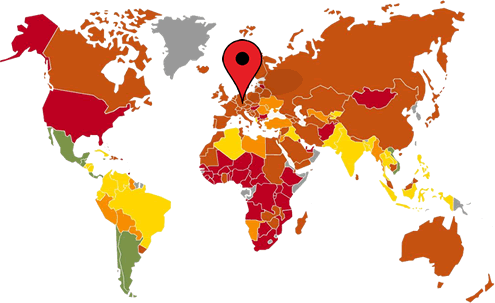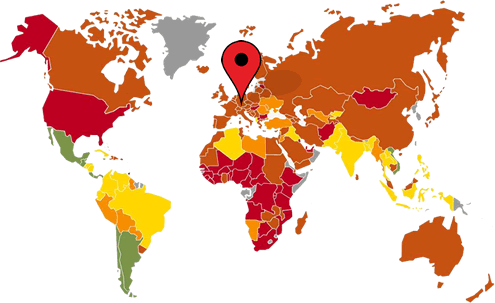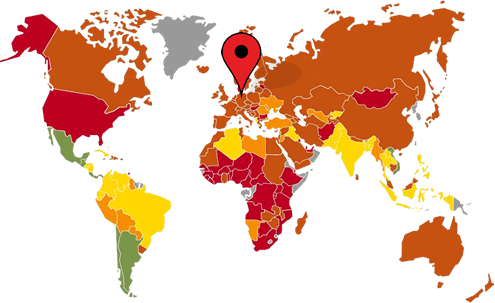Teaching English in Berlin, Germany

Report submitted on 13 May, 2024 by Fi.
Teaching English in Berlin, Germany:
How can teachers find teaching jobs in Berlin, Germany?
Join the website eltabb.com.
The main English teaching jobs available are:
Teaching at companies, private teaching (not through a school, agency, etc.)
What are the minimum teaching requirements?
CELTA or TESOL Cert. + Batchelor’s degree (preferably Masters)
What teaching requirements would you recommend?
CELTA.
What are the levels of payment?
20-40 EUR per hour.
How many teaching days a week is normal?
20 days per week.
How many face-to-face teaching hours a week is normal?
Depends on company hours per week.
What is the normal arrangement for holidays?
For freelance work – no payment for holidays or health coverage.
For permanent contracts – health insurance is partly paid but rarely for holidays.
What advice would you give to someone considering coming to Berlin, Germany to teach English?
Research and be qualified!
What are the positive aspects of teaching English in Berlin, Germany?
Berlin is a bilingual city.
What are the negative aspects for teaching English in Berlin, Germany?
Too many English teachers looking for work.
What are some of the teaching challenges for English teachers teaching the local people in your area?
Germans are perfectionists and expect technical, traditional, but high-quality English teaching.
Wifi is surprisingly slower in the city than in other major capitals.
Living in Berlin, Germany:
Are there any visa or other legal requirements to live in Germany?
Yes. Visa required (for outside of EU).
What is the cost of living like in Germany?
It depends, but rental is tough to find. 1000 Euro per month would be a minimal salary.
What are the usual accommodation arrangements and how can you find accommodation?
Social networking.
Other than teaching, what positive aspects are there for living in Berlin, Germany?
It’s an amazing arts-rich city!
Other than teaching, what negative aspects are there for living in Berlin, Germany?
Long, hard winters!
What advice would you give to someone considering coming to Berlin, Germany?
Try another city!
What things do you miss most (other than family and friends) from your home country?
Food.
What do you think you will miss most when (or if) you leave Germany?
Friends.
What things would you recommend to new teachers in your area to bring with them from their home country?
Favourite foods.
About Me and My Work:
My Name: Fi
Nationality: Australian
Students I’ve taught in Germany: pre-school / kindergarten (4-6 years), elementary (6-12 years), junior high school (12-15 years), high school (15-18 years), university, adults, business
Where I teach: I teach privately for 10 years.
My school facilities: Adequate. Wifi is slow. Computers are old.
Teaching is very traditional with books, tables, and whiteboards.
What kind of teacher support is available at your school/s?: none
Do you teach English in Germany?
Tell us about your experiences – click here to submit your report about teaching English in Germany






